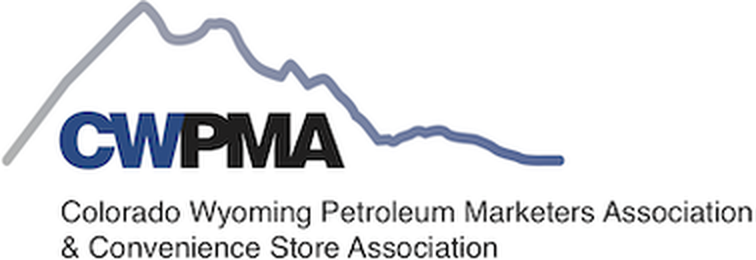Annual EPCRA Tier II Reports Due March 1st
The Emergency Preparedness and Community Right to Know Act (EPCRA) of 1986 was created to help communities plan for chemical emergencies. EPCRA requires facilities to report each year on the storage, use and release of hazardous chemicals (including petroleum products) during the previous calendar year. Typically, Tier II reports are filed with the state or local Fire Marshall (see state compliance section in linked Compliance Bulletin below). The information on the EPCRA Tier II report is used by state and local governments for emergency response to risks associated with stored hazardous chemicals.
Facilities that store over 10,000 pounds of hazardous chemicals (petroleum products) onsite at any point during the previous calendar year must file an EPCRA Tier II. The 10,000 pounds compliance trigger is calculated by combining the volume of all petroleum on site in every storage container including above ground and underground bulk storage tanks, portable skid tanks, and heating fuel or propane tanks used to heat facility buildings (see gallon to pound conversion chart below). Retail gasoline facilities with 75,000 gallons or less of gasoline storage capacity and 100,000 gallons or less of diesel fuel storage capacity are exempt from EPCRA reporting requirements. Card lock fueling facilities are also subject to the retail fueling facilities exemption, with the same storage capacity limits above. Tier II reports for 2022 must be filed with state emergency response authorities by March 1, 2023. To see the entire Compliance Bulletin, and to use a conversion chart to determine the 10,000-pound reporting trigger go here.
